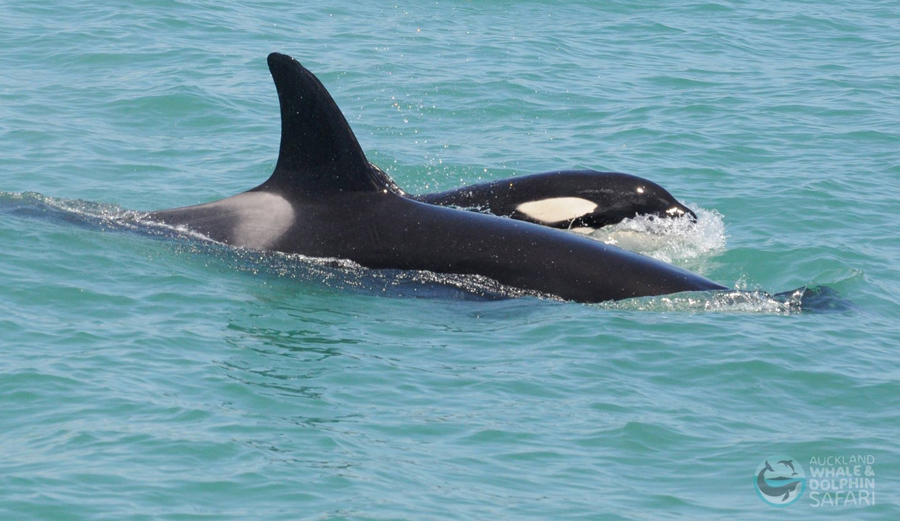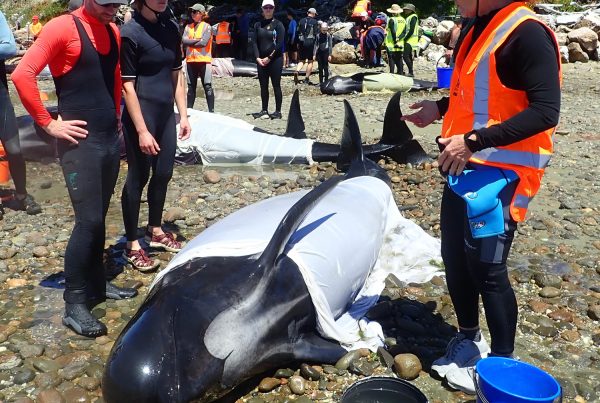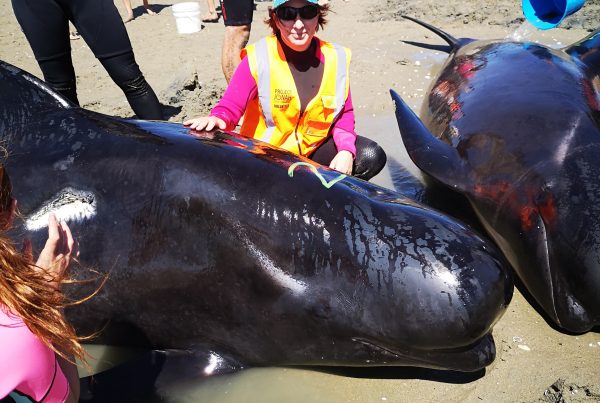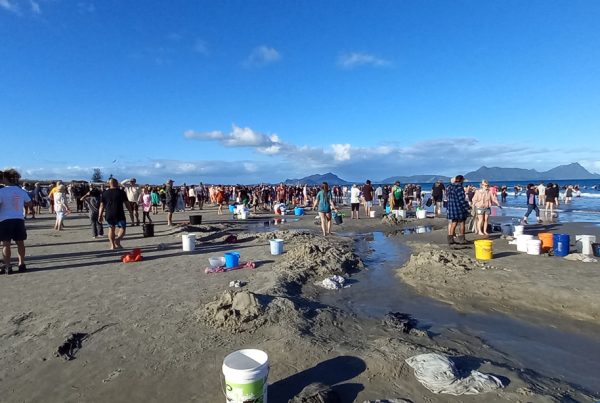
A new study published by Current Biology suggests that by caring for their grown sons, female killer whales significantly reduce their chances of having more offspring. Both male and female killer whales remain close to their mothers throughout their lives. However, while daughters become independent, mothers share food with their adult sons. Until recently, it was unclear whether providing demanding long-term care comes at a cost to mothers.
Analysing almost four decades of data from a population of killer whales in the Pacific Northwest, researchers discovered that a killer whale with a son was around 50% less likely to reproduce each year than a killer whale with a daughter or no calf. This effect doesn’t seem to decrease as sons grow older.
This is the first direct evidence of such extreme, lifelong investment in offspring by killer whale mothers and raises some intriguing questions for further research. It would be fascinating to know if this behaviour has been observed in other toothed whales species and if this has been observed in areas where prey is plentiful. Hopefully more research to come!
Photo: Auckland Whale & Dolphin Safari


